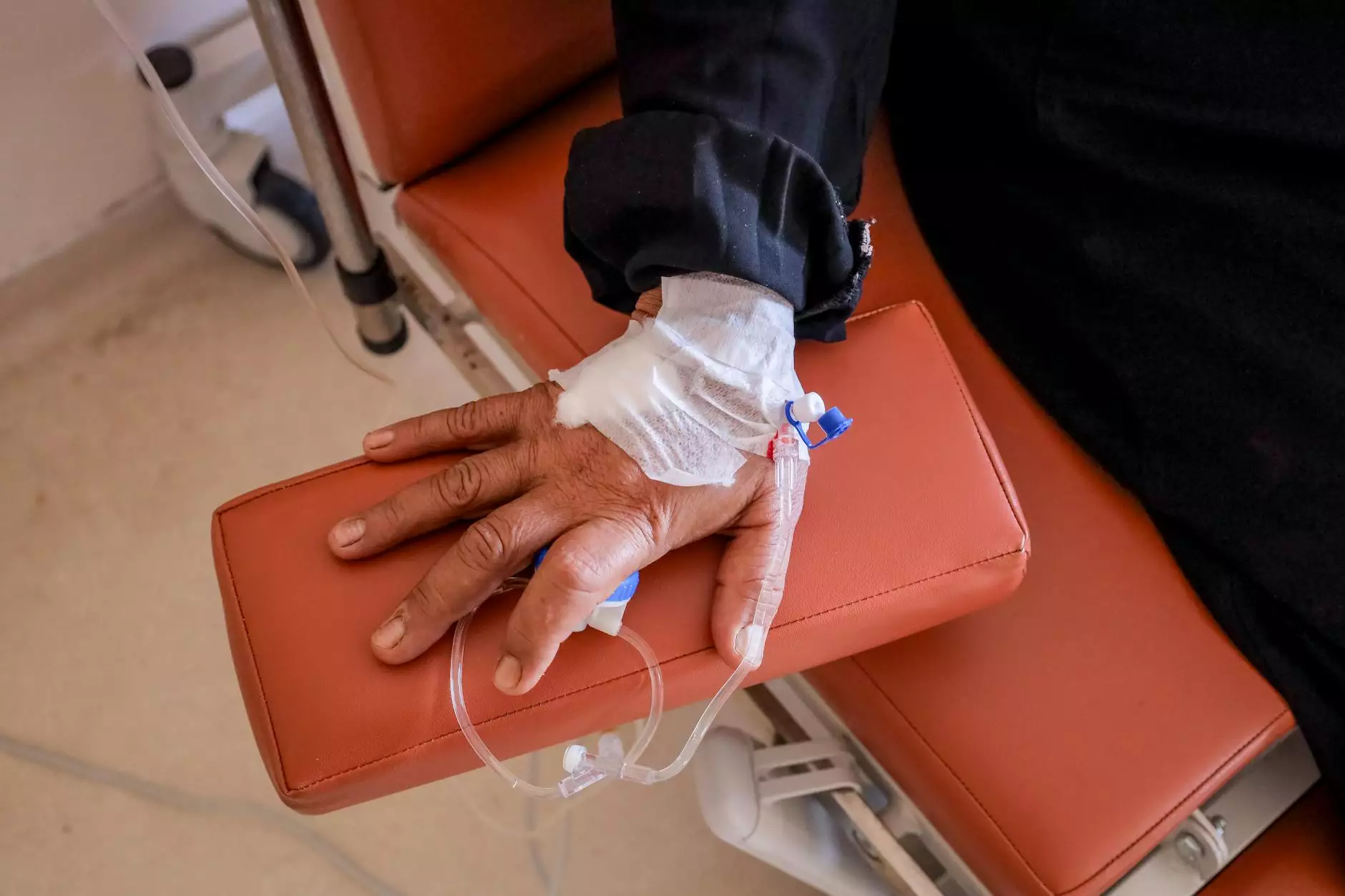Understanding Pancreatic Cancer: The Role of Specialized Hospitals

Pancreatic cancer is one of the most challenging diseases to diagnose and treat, with a high mortality rate that underscores the need for specialized care. In this comprehensive article, we will explore the various aspects of pancreatic cancer, the importance of specialized hospitals, and how they provide vital support for patients undergoing treatment.
What is Pancreatic Cancer?
Pancreatic cancer arises from the tissues of the pancreas, an organ that plays a critical role in digestion and hormone regulation. The disease mainly affects older adults, with risk factors including smoking, obesity, diabetes, and family history of pancreatic cancer. The symptoms often do not manifest until the disease is advanced, making early diagnosis challenging.
Symptoms and Diagnosis of Pancreatic Cancer
Diagnosis of pancreatic cancer can be particularly difficult due to the vague symptoms that often resemble those of more common gastrointestinal disorders. Common symptoms include:
- Unexplained weight loss
- Abdominal pain or discomfort
- Jaundice (yellowing of the skin and eyes)
- Loss of appetite
- Nausea and vomiting
Medical professionals employ various diagnostic tools, including:
- Imaging tests: CT scans, MRIs, and ultrasounds
- Biopsy: A tissue sample taken for laboratory analysis
- Blood tests: To check for tumor markers such as CA19-9
The Importance of Specialized Pancreatic Cancer Hospitals
Pancreatic cancer hospitals are specially equipped to handle the complexities of this disease. These facilities offer a multidisciplinary approach, bringing together surgeons, medical oncologists, radiation oncologists, dietitians, and nurse navigators to create a comprehensive treatment plan tailored to each patient’s needs.
Multidisciplinary Care
Multidisciplinary care ensures that all aspects of a patient’s health are addressed. For example:
- Surgical oncologists specialize in removing tumors from the pancreas and surrounding areas.
- Medical oncologists develop chemotherapy regimens based on the latest clinical guidelines.
- Radiation oncologists may provide targeted treatments to shrink tumors or alleviate symptoms.
- Nutritionists adjust dietary plans to help patients cope with the side effects of treatment.
Access to Innovative Treatments
Hospitals dedicated to pancreatic cancer are often at the forefront of clinical research and innovation. They may offer access to:
- Clinical trials: Testing new therapies that may be more effective than standard methods.
- Targeted therapies: Treatments that attack specific cancer cells based on genetic information.
- Immunotherapy: Utilizing the body’s immune system to fight cancer.
Supportive Care: Emotional and Psychological Support
The emotional toll of a pancreatic cancer diagnosis can be immense. Specialized hospitals often have dedicated support services, including:
- Counseling services: Licensed professionals help patients and families navigate the emotional challenges.
- Support groups: Connecting patients with others facing similar challenges to foster community and understanding.
- Palliative care: Focusing on improving quality of life for patients at any stage of the disease.
Navigating Your Journey Through Treatment
The journey through diagnosis and treatment can be overwhelming. Here are several steps to consider when facing cancer treatment:
- Seek a second opinion: Ensure you are receiving the best possible advice and treatment options.
- Communicate with your care team: Be open about symptoms, concerns, and preferences regarding treatment.
- Educate yourself: Understand your disease, treatment options, and potential side effects.
- Involve family and friends: Your support network can play a crucial role in your treatment journey.
Living with Pancreatic Cancer: Nutrition and Lifestyle Changes
During treatment and recovery, maintaining a healthy lifestyle is essential. Here are some recommendations:
- Eat a balanced diet: Focus on whole foods, including fruits, vegetables, lean proteins, and whole grains.
- Stay hydrated: Adequate fluid intake is vital for overall health and recovery.
- Exercise regularly: Physical activity can help reduce fatigue and improve mood.
- Get adequate rest: Sleep is crucial for recovery and emotional well-being.
Conclusion: The Future of Pancreatic Cancer Care
While pancreatic cancer is a formidable opponent, the development of specialized pancreatic cancer hospitals marks a significant advancement in treatment options and patient care. Through a team of experts, innovative treatments, and invaluable support, these facilities provide hope for patients and their families. Continued research and clinical trials are essential in the fight against this disease, aiming for better outcomes and improved quality of life for those affected.
For anyone facing a diagnosis of pancreatic cancer, remember: you are not alone, and specialized care is available to guide you through this challenging journey.



